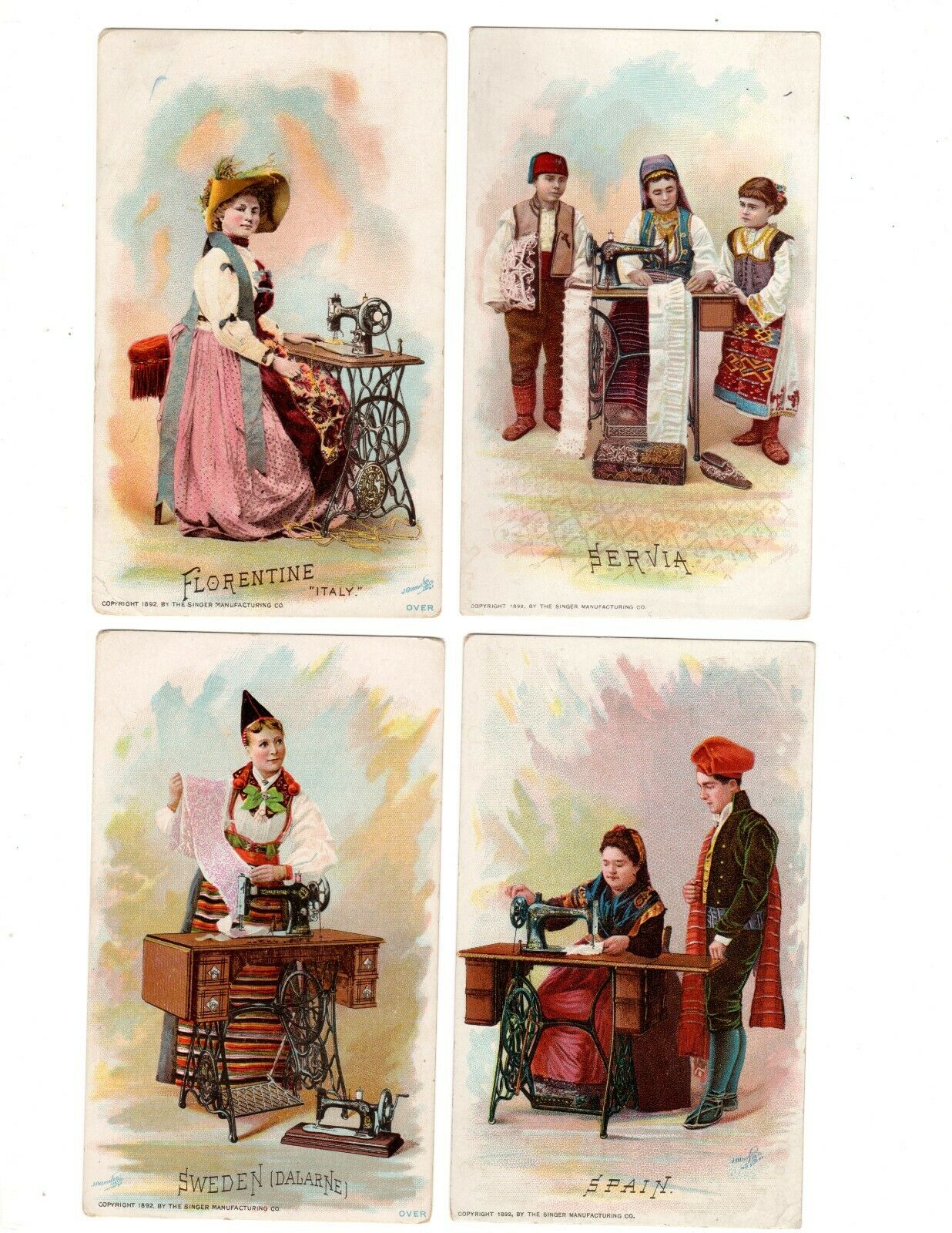-40%
1884 PRESIDENT GARFIELD JAMES G BLAINE PRESIDENT WHITE SEWING MACHINE TRADE CARD
$ 13.19
- Description
- Size Guide
Description
1884 PRESIDENT GARFIELD JAMES G BLAINE PRESIDENT WHITE SEWING MACHINE TRADE CARDJames Gillespie Blaine
(January 31, 1830 – January 27, 1893) was an American statesman and
Republican
politician who represented
Maine
in the
U.S. House of Representatives
from 1863 to 1876, serving as
Speaker of the U.S. House of Representatives
from 1869 to 1875, and then in the
United States Senate
from 1876 to 1881.
Blaine twice served as
Secretary of State
(1881, 1889–1892), one of only two persons to hold the position under three separate presidents (the other being
Daniel Webster
), and unsuccessfully sought the Republican nomination for President in
1876
and
1880
before being nominated in
1884
. In the
general election
, he was narrowly defeated by
Democrat
Grover Cleveland
. Blaine was one of the late 19th century's leading Republicans and champion of the moderate reformist faction of the party known as the "
Half-Breeds
".
Blaine was born in the
western Pennsylvania
town of
West Brownsville
and after college moved to Maine, where he became a newspaper editor. Nicknamed "the Magnetic Man", he was a charismatic speaker in an era that prized oratory. He began his political career as an early supporter of
Abraham Lincoln
and the Union war effort in the
American Civil War
. In
Reconstruction
, Blaine was a supporter of black
suffrage
, but opposed some of the more coercive measures of the
Radical Republicans
. Initially a
protectionist
, he later worked for a reduction in the
tariff
and an expansion of American trade with foreign countries. Railroad promotion and construction were important issues in his time, and as a result of his interest and support, Blaine was widely suspected of corruption in the awarding of railroad charters, especially with the emergence of the Mulligan letters; these allegations plagued his
1884 presidential candidacy
.
As Secretary of State, Blaine was a transitional figure, marking the end of
an isolationist era in foreign policy
and foreshadowing the rise of the
American Century
that would begin with the
Spanish–American War
. His efforts at expanding the United States' trade and influence began the
shift to a more active American foreign policy
. Blaine was a pioneer of tariff reciprocity and urged greater involvement in Latin American affairs. An expansionist, Blaine's policies would lead in less than a decade to the establishment of the United States' acquisition of Pacific colonies and dominance of the
Caribbean
.
SEE SCAN FOR CONDITION CHECK OUT MY RPPC & REAL PHOTO POSTCARD S
RPPC
NOTE WEAR AND CORNER WEAR LIGHT CREASING
ASK QUESTIONS IF YOU HAVE ANY CONCERNS




